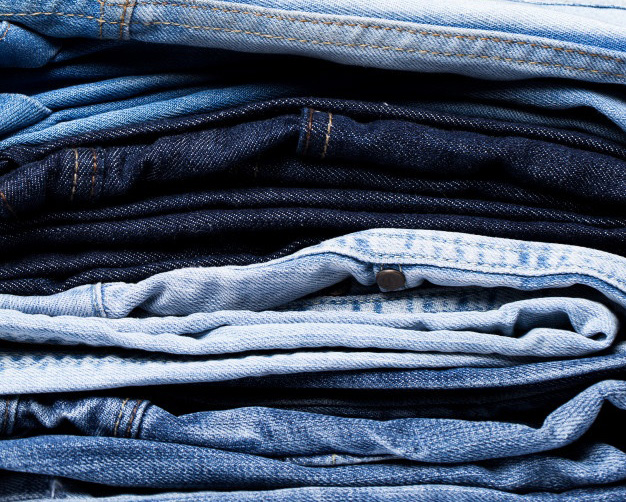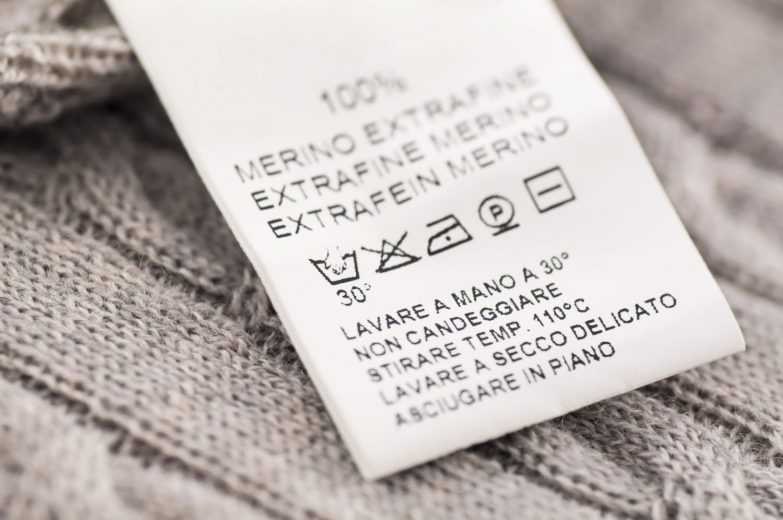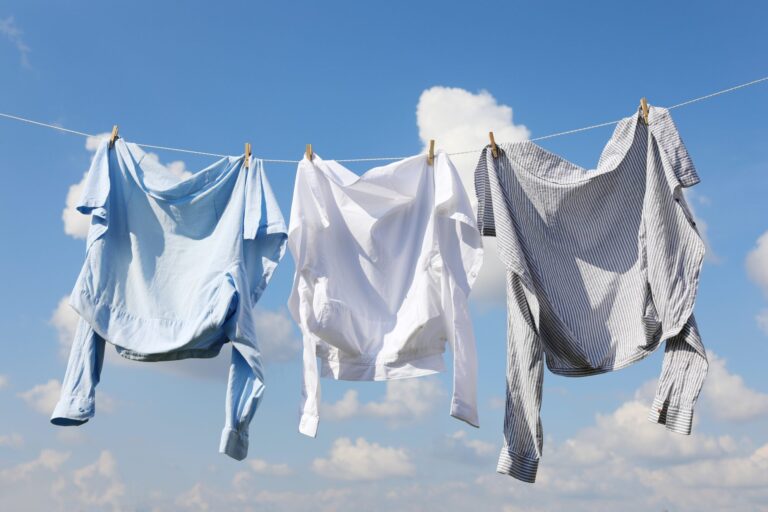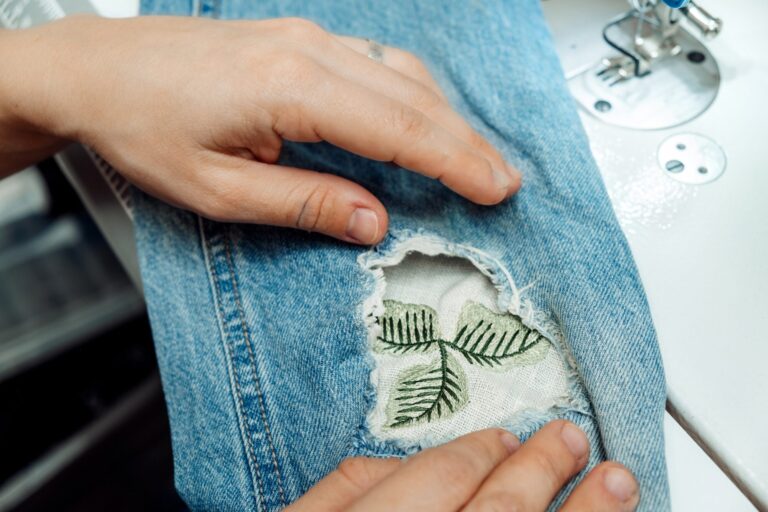Laundry. Live alone or have a huge family – we all have to do it, right? I’ve been asked by the laundry-loving guys at Ecover to share some easy ideas and sustainable stats to help you wash your clothes less. Our combined laundry bill is being picked up by the planet and we can do better by doing less.
How many people are going to challenge you to do less laundry?
WASH WISELY
Did you know that according to WRAP, extending the life of your clothes by 9 months decreases their carbon footprint by 30%? Washing your clothes less often not only extends their life, but also:
> It uses less energy because you’re running your washing machine less often
> It causes less microplastics to wash into the world as they’re released by the friction in washing machine and tumble dryers. Less washing means less chance of these microscopic bits of plastic washing into the sea.
HOW and WHEN you do your laundry is a positive action for the planet.
Here are my handy tips for washing wiser.
WASH LESS
Sounds simple doesn’t it? Sometimes doing good for the planet is about doing less and I for one, am totally on board with doing less laundry. So let’s think about what’s absolutely necessary.
> Does each item of clothing in your laundry basket actually need cleaning?
> Can you spot wash a small stain off with a damp cloth?
> Freshen up a dress or jacket by hanging it in a shower and let the steam do the work for you.
> Would your clothes need washing less if you hung them up rather than left them on the floor?
WASH BETTER
Combat the carbon emissions used by your washing machine by washing smarter. Here are a few easy ways to change your laundry habits for the good of the planet. It’s something we can all do at home.
1 > We all know we should be washing at 30 degrees because it does make a difference. A 10 degree turn down from 40 degrees saves 60% of energy consumed (according to the Energy Saving Trust).
2 > Switch to a renewable energy supplier. It takes 2 minutes and is one of the most effective ways of reducing your emissions at home. This guide from pebble magazine explains why and how to switch to renewable energy.
3 > Don’t tumble dry your clothes. It releases more microplastics, is expensive in terms of energy and wears out your clothes more quickly.
4 > Handwash delicates so you’re not running a washing machine on nearly empty. You’ll be helping to make the items last longer too.
WASH WISELY
Knowing how to wash and care for your clothes, means they’ll last longer. You’ll have to buy less – saving you money too. Here are my top three tips.
1 > Get to grips with what those weird symbols mean on clothing labels. Here is an easy explainer – and, this is the important bit, stick to them.
2 > Did you know that up to 700,000 microplastic particles (according to Fashion Revolution) are released from the synthetic clothing in our wardrobes every time we do laundry and that over 50% of all our clothes contain microplastics?
These microplastic particles are now found in every square metre on earth, from icebergs to the deepest parts of the ocean. We want to minimise future particles washing into our waterways. You can do this by putting your clothes in a fine mesh bag that traps the particles.
3 > Reduce microplastics impact by choosing clothes (when you come to replace items) that are made of natural fibres like linen, organic cotton and Tencel (wood pulp) rather than synthetic fibres like rayon, acrylic and polyester. No microplastics? No problem for marine life.
WASH USING ECOVER
Ecover Bio Laundry Liquid features plant-based actives that help clothes to last longer. Naturally it fights tough stains, but it also revives colours by removing bobbles from cotton fibres after multiple washes.
So the longer you keep your clothes in use, the longer they stay out of landfill.
And that’s a good look for everyone.








